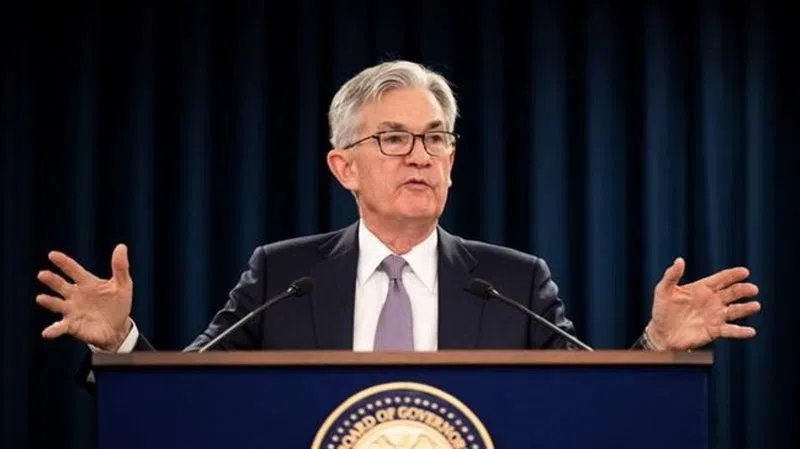
Powell: Economy looks resilient despite risk of China virus
WASHINGTON — Federal Reserve Chairman Jerome Powell says the U.S. economy appears durable with steady growth and unemployment near a half-century low but faces risks from the deadly virus in China.
Giving the Fed’s semiannual monetary report to Congress, Powell said Tuesday that the Fed is content with where interest rates are, suggesting that no further rate cuts are being contemplated unless economic conditions were to change significantly. Many analysts say the Fed could keep rates unchanged this year, although some think it will feel compelled to cut rates at least once.
Powell said the Fed is monitoring developments stemming from the coronavirus, which he said “could lead to disruptions in China that spill over to the rest of the global economy.”
His comments came in prepared testimony to the House Financial Services Committee before he speaks to the committee later Tuesday. On Wednesday, Powell will testify to the Senate Banking Committee.
